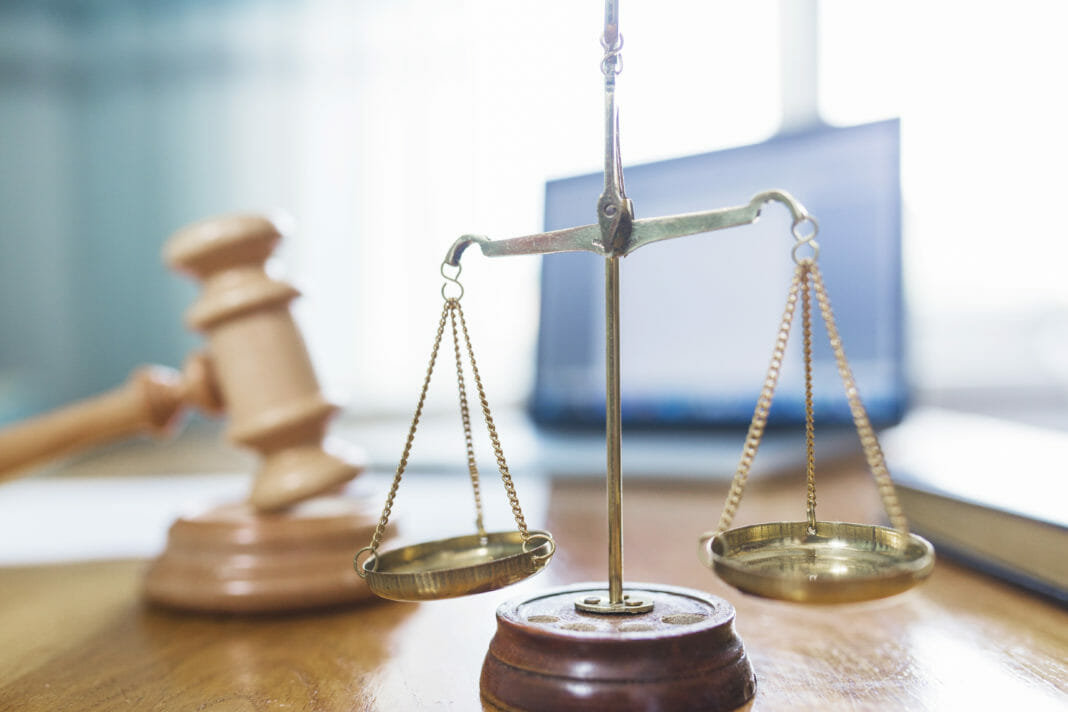MrBeast warns his followers about AI deepfake scams and highlights the need for social media platforms to be prepared. European Commission official Věra Jourová highlights the need for balanced regulations on AI to avoid stifling innovation. OpenAI criticizes the draft EU AI bill for overregulating the technology, threatening to leave Europe.
Cryptocurrencies are not a scam in themselves. It is the projects behind them that can be considered scams, either offering their own token (non-existent or worthless) or promoting popular cryptocurrencies. This is a scourge for the sector, putting limits on the mass adoption of digital assets and blockchain technology.
YouTuber MrBeast has shared his Artificial Intelligence (AI) deepfake clip to inform his followers about scams. Meanwhile, one of the European Union’s (EU) top officials is concerned about strict regulations on AI.
With the rise of Generative AI tools, regulators and users have realized the threat the technology can pose.
Scammers Take Advantage of Influencers’ Popularity to Make AI Deepfake Scams
The main concern is to draft balanced regulations that focus on protecting users but not stopping innovation.
James Stephen Donaldson, the creator of one of the world’s largest YouTube channels, MrBeast, shared his deepfake video on X (Twitter) to warn his followers about AI scams. He wrote the following:
“A lot of people are getting this deepfake scam ad from me… are social media platforms prepared to handle the rise of AI deepfakes? This is a serious problem.”
He further added that “There was one of me on fb after they hacked and took over my account. It’s bad. Still don’t have that account back.”
The video tricks viewers into believing that MrBeast is giving away the latest iPhone 15 Pro for $2. It asks viewers to click on a link, probably redirecting them to some phishing website.
In addition to MrBeast, scammers are creating AI deepfake videos using other famous personalities such as Elon Musk. In September, bad actors were reported to be running crypto scams through Musk’s deepfake videos on TikTok.
European Official Warns Against AI Regulation and Scams
Deepfake videos have been circulating for quite some time. Hence, some are calling for strict regulations on AI.
On the other hand, stricter regulations could slow innovation. Therefore, regulators must strike a balance and not go to the extremes of either party.
Věra Jourová, vice-president for securities and transparency at the European Commission, believes there should be a robust analysis of potential risk factors rather than paranoia when regulating AI. She told the Financial Times the following:
“We shouldn’t mark things as high risk that don’t appear to be high risk at the moment. “There should be a dynamic process where when we see technologies being used in a risky way, we can add them to the high-risk list.”
The EU has been working on drafting a draft law on AI for the past two years. In particular, the bill would require mandatory disclosure of copyrighted material used to train AI models.
EU officials are expected to conclude their discussions on the AI bill by the end of 2023. But OpenAI, ChatGPT’s parent company, believes the EU’s draft AI bill is overregulating the technology.
In May, OpenAI CEO Sam Altman threatened to leave Europe if the bill passed without changes. Meanwhile, the UK is also focusing on AI regulations. In November, the country will host a global summit on the issue.
By Audy Castaneda











